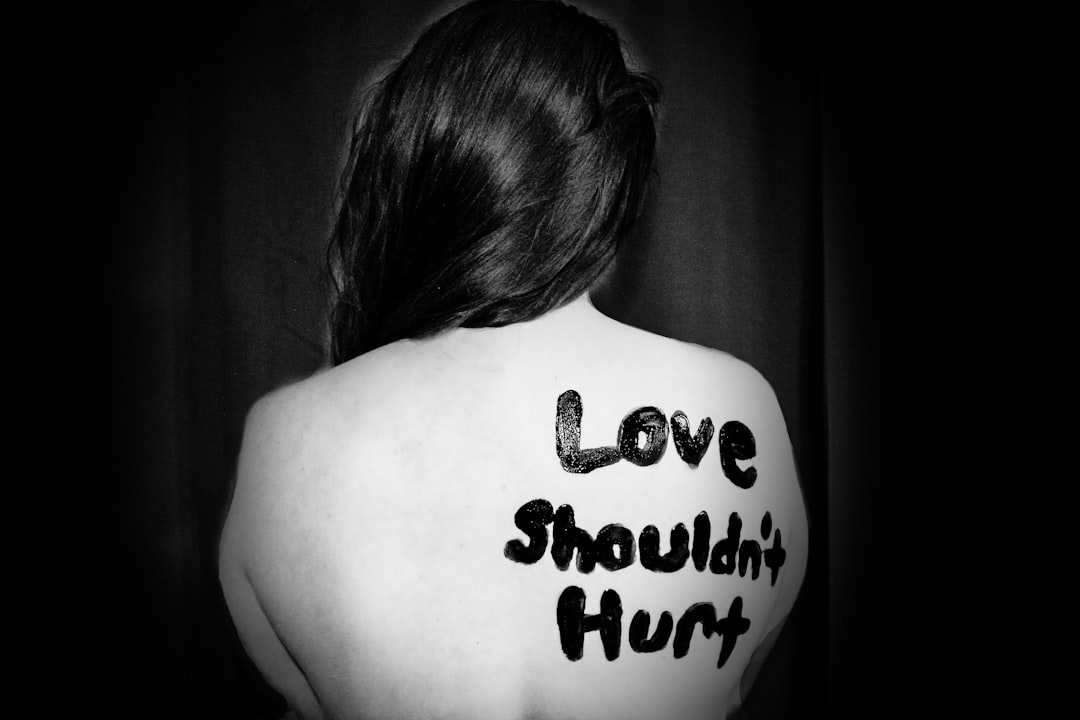The statistics are always staggering and a recent tragic event in Novato has prompted us to bring domestic violence back to the forefront. Almost one-third of all women murdered in this country are killed by a domestic partner. As advocates for justice for victims of domestic violence, we continue to put domestic violence on the front burner of our crime prevention efforts.
Domestic violence can take many forms, including physical, verbal or emotional abuse, intimidation, denial of rights or sexual assault. According to the department of Justice, one in four U.S. women will experience domestic violence in her lifetime; one in six will be the victim of an attempted or actual rape; one in 12 will be stalked. Nearly 5.3 million acts of intimate-partner violence occur each year among U.S. women aged 18 and older, resulting in 2 million injuries and nearly 1,300 deaths.
Domestic violence is an equal opportunity crime. Victims of domestic violence come from all walks of life, all cultures, all income groups, all ages, both genders and all religions. Victims share feelings of helplessness, isolation, guilt, fear and shame. Many incidents of domestic violence follow a common pattern called the Cycle of Violence. The violence is often preceded by a tension filled phase during which the victim is threatened, usually followed by verbal or emotional abuse. The home is filled with tension, fear, anger and confusion impacting everyone including innocent children. This tension-building phase ends in an explosion of violence followed by the remorseful phase during which the abuser begins an intense campaign to repair the relationship. Family violence has a progressive, spiraling nature and research shows that it increases in time in both frequency and severity. It is this Cycle of Violence that must be broken in order to end the abuse. Victims often feel isolated and don’t know that help is available.
But, help is available. In Marin County we have a long history of collaboration between victim advocacy groups, social service providers, prosecutors and law enforcement agencies and, we operate at an effective level of prevention, intervention and response to domestic violence. In Marin County, Marin Abused Women’s Services reports that due to the coordinated community responses and education efforts, many victims are seeking help before it is too late.
However, in this economic climate, victims of domestic violence and families struggling to control it, can expect an increase in both the volume and severity of incidents. According to a 2004 study by the National Institute of Justice, women whose male partners experienced two or more periods of unemployment over the five-year course of the study were three times more likely to be abused.
Everyone has the right to be safe from domestic violence so here are some things that you can do to help yourself before, during or after:
_ Seek counseling
_ Formulate an action plan
_ Identify a neighbor you can tell about the violence and ask that they call the police if they hear a disturbance coming from your home.
_ Practice how to get out of your home safely
_ Have a packed bag ready and keep it in an undisclosed but accessible location in order to leave quickly.
_ Call out for help. Scream loudly! Whenever you believe you are in danger, leave your home and take your children, no matter the time of day or night and go to a house of a friend or relative or a domestic violence shelter.
_ Pursue legal options
_ Use your own instincts and judgment. If your instinct tells you that you are in danger LISTEN TO IT AND ACT!
_ You have the right to protect yourself until you are out of danger.
Call 9-1-1 immediately when you need help. You can also call Marin Abused Women’s Services (MAWS) at 415-924-6616, MAWS Men’s Services: 415-924-1070. You can also call the National Domestic Violence Hotline at 1-800-799-SAFE. Contact your local Crime Prevention Bureau and request a copy of their Domestic Violence Handbook, A Survivor’s Guide.
October is just a few months away and although Halloween tends to steal the limelight: It is also Domestic Violence Awareness Month. So we’ve got to keep doing what we know makes a difference, such as coordinating domestic violence prevention programs, workshops that teach healthy dating relationships for teens, and we need to maintain partnerships and funding aimed at ensuring a coordinated community response to end domestic violence.

No comments:
Post a Comment